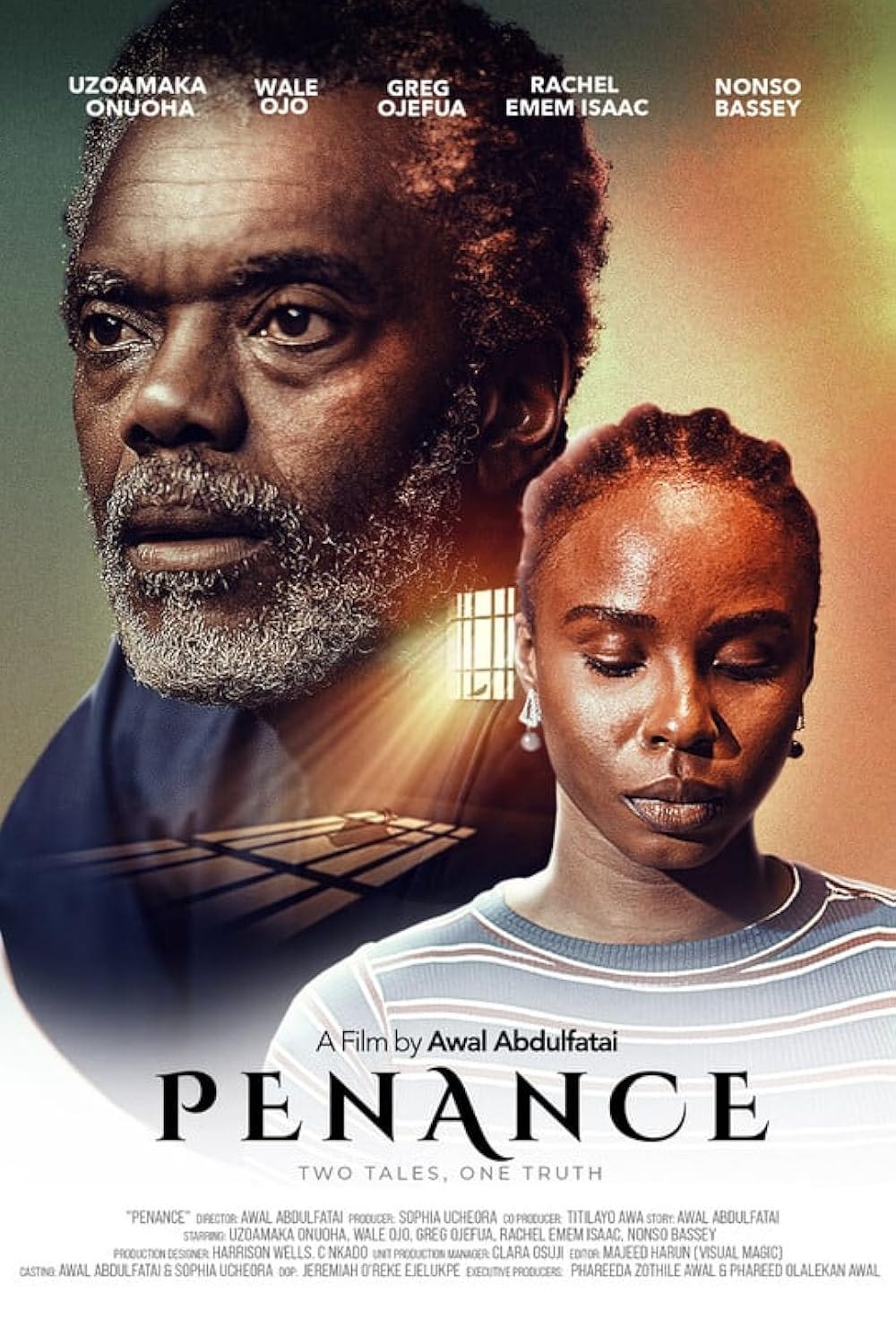"Penance" Sorely Wastes a Promising Premise
A film that sets out to tackle an important issue but ends up trivializing it with poor execution and misguided storytelling.
Penance is a film that tackles important societal themes but struggles to deliver them in a compelling way. From the very first scene, the film sets up an air of mystery, with camera work that almost tricks you into thinking you're about to watch a horror movie. We’re quickly introduced to Alice Martin (Uzoamaka Onuoha) and her sister (Rachel Emem Isaac) in a peculiar manner, hinting at the weighty story to come. Unfortunately, as the film unfolds, it becomes clear that Penance struggles with its execution, making what should be a gripping drama about sexual assault feel disappointingly sluggish.
One of the biggest issues with Penance is its pacing. The story moves at a crawl, and rather than building suspense, it drains energy from the film. The performances, too, feel uninspired. Even typically strong actors like Wale Ojo seem disengaged, as though they’re simply fulfilling a contractual obligation rather than embodying characters with conviction. Gregory Ojefua’s Detective Festus Obosa, who should be the force driving the investigation forward, oscillates between moments of over-the-top intensity and indifference, making it hard to get a read on his character’s true motivation.
The writing also falters in places where it should shine. Many of the characters lack depth, and their dialogue often feels unnatural. A prime example is a scene where Detective Obosa warns a suspect in an almost cartoonish way, only to laugh and admit he got the line from a movie. This sort of self-awareness might work in a lighter film, but in a serious drama about sexual assault and justice, it undermines the gravity of the situation.
The legal aspects of the film also leave much to be desired. The accused's lawyer, played by Nonso Bassey, seems startlingly unfamiliar with his own client's history, discovering past legal troubles alongside the audience rather than demonstrating the preparedness expected from a top defense attorney. Similarly, the survivor’s legal team, including her sister-lawyer Laila, often appears unsure of their footing, making it difficult to believe in their expertise. The way legal discussions unfold—particularly a scene where Laila and her colleague-friend casually debate the case in a living room, drowning the audience in legal jargon—feels more like a crash course in courtroom terminology than an organic conversation.
Technical aspects also hold the film back. The early London-based scenes suffer from noticeable sound issues, making dialogue difficult to follow. Additionally, when Nigerian films cast foreign actors, the performances can be hit or miss, and Penance falls into the latter category. The international actor’s delivery is stiff, making even the more lackluster local performances appear comparatively stronger.
Beyond technical and performance issues, the film's storytelling choices make it harder to connect with the characters. Detective Obosa, for example, suddenly reveals a deeply personal motivation for pursuing the case—his own sister was a rape victim. While this revelation should add emotional weight, it comes so late and feels so disconnected from his previous actions that it fails to land effectively. The film frequently leans on exposition rather than letting emotions and conflicts play out naturally, making it difficult to invest in any of the characters' struggles.
Perhaps the most controversial aspect of Penance is its ending. The film reveals that Alice was not actually raped but sought to destroy the accused as revenge for something he did to her former roommate. While stories about false accusations exist, this twist is bound to be divisive, as it shifts the focus away from the very real issue of sexual assault and instead leans into a narrative that could be perceived as undermining victims' experiences. In a time when online discourse around false allegations is already heated, Penance risks feeding into that fire rather than offering a nuanced perspective.
Despite its shortcomings, Penance does highlight some important themes—justice, power dynamics, and the long-lasting impact of past actions. However, the way these themes are handled prevents the film from making the impact it should have. Instead of delivering a gripping legal drama, it offers a slow-moving narrative with characters that fail to leave a lasting impression.
Ultimately, Penance is a missed opportunity. It had the potential to spark meaningful conversations, but weak execution holds it back. While it may still find an audience among those interested in the themes it explores, the film struggles to be as compelling as its premise suggests.
Directed by: Awal Abdulfatai Rahmat
Starring: Wale Ojo, Uzoamaka Onuoha, Gregory Ojefua, Nonso Bassey, Rachel Emem Isaac, and many more.





